When we make mistakes they call it evil. When God makes mistakes they call it Nature!
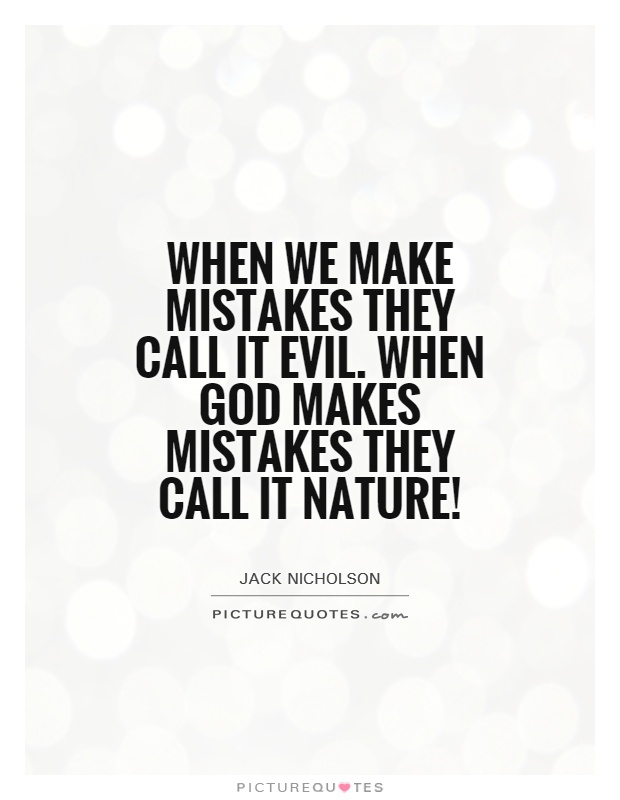
When we make mistakes they call it evil. When God makes mistakes they call it Nature!
Jack Nicholson is a legendary actor known for his iconic roles in films such as "One Flew Over the Cuckoo's Nest," "The Shining," and "As Good as It Gets." He is also known for his witty and sometimes controversial quotes, one of which is, "When we make mistakes they call it evil. When God makes mistakes they call it Nature!"This quote reflects Nicholson's philosophical outlook on life and the concept of mistakes. In the context of Nicholson's career and persona, it can be interpreted as a commentary on the double standards and hypocrisy that exist in society. Nicholson is known for playing complex and morally ambiguous characters, often blurring the lines between good and evil. This quote suggests that when humans make mistakes, they are often judged harshly and labeled as evil. However, when nature or a higher power makes mistakes, they are seen as natural occurrences that are beyond our control.
Nicholson's characters often grapple with themes of morality, redemption, and the nature of good and evil. In films like "The Departed" and "A Few Good Men," he portrays characters who are morally ambiguous and navigate the grey areas of right and wrong. This quote could be seen as a reflection of Nicholson's own views on the complexities of human nature and the inherent flaws that exist within all of us.
Furthermore, Nicholson's quote can also be interpreted as a commentary on the unpredictability and chaos of the natural world. Nature is often seen as a force beyond human comprehension, capable of both beauty and destruction. When natural disasters occur, such as hurricanes or earthquakes, they are often seen as acts of God or simply part of the natural order of things. In contrast, when humans make mistakes that result in harm or suffering, they are often judged more harshly and held accountable for their actions.
Overall, Nicholson's quote challenges us to reconsider our perceptions of mistakes and the concept of evil. It invites us to reflect on the complexities of human nature and the unpredictable forces of the world around us. In the context of Nicholson's career and body of work, this quote serves as a reminder of the moral ambiguity that exists within all of us and the importance of grappling with the complexities of good and evil in our lives.
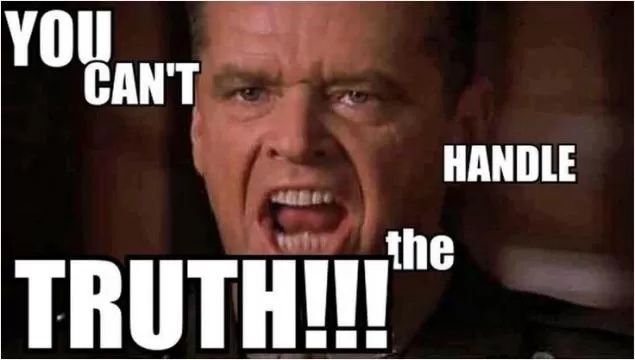
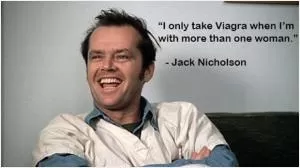


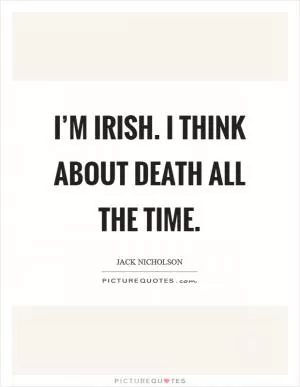

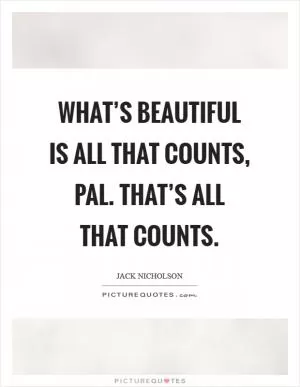
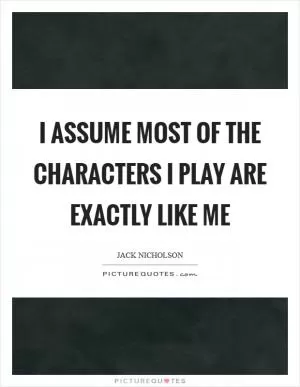

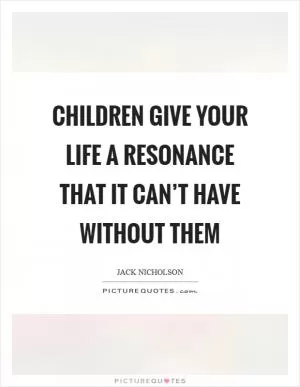
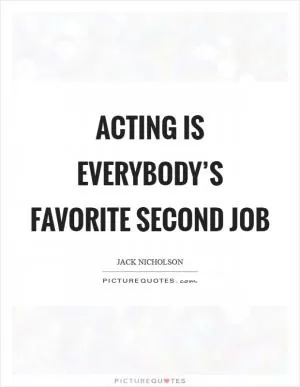
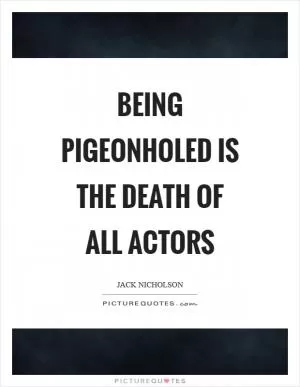
 Friendship Quotes
Friendship Quotes Love Quotes
Love Quotes Life Quotes
Life Quotes Funny Quotes
Funny Quotes Motivational Quotes
Motivational Quotes Inspirational Quotes
Inspirational Quotes